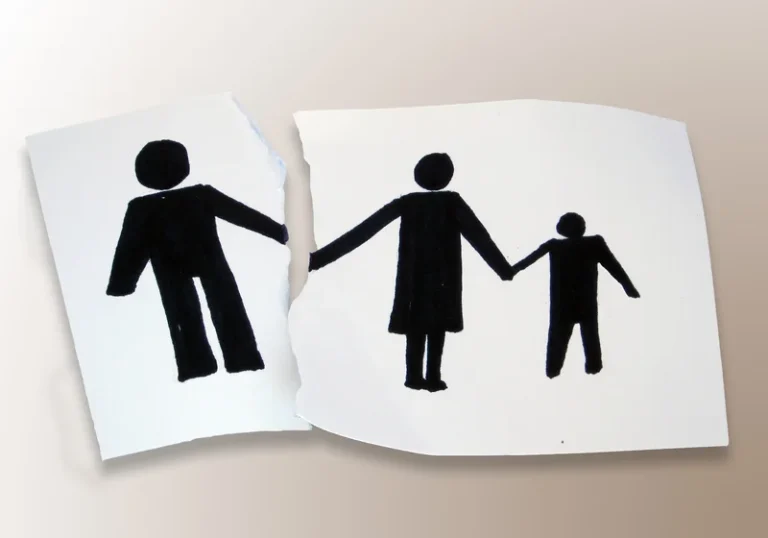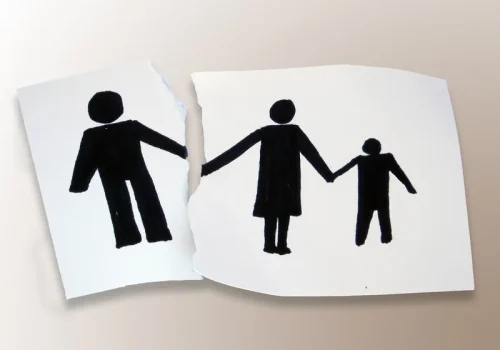A Boozy Night Out Could Upset Your Heart Rhythms

People often use binge drinking as a way to self-medicate symptoms of depression, anxiety, and stress. You may do it as a way to relax after a difficult day at work or blow off steam after college exams. Many people also use drinking https://ecosoberhouse.com/ to cope with difficult periods in their life, such as the death of a loved one or the end of a romantic relationship.
Binge Drinking Withdrawal Symptoms
Ulcers can cause dangerous internal bleeding, which can sometimes be fatal without prompt diagnosis and treatment. Your doctor can help you make a plan to reduce the amount you drink. If you drink and breastfeed, it can affect your nursing baby. If you drink during pregnancy your baby might develop fetal alcohol spectrum disorder (FASD). No amount of alcohol is safe while you are pregnant or breastfeeding.
Long-term effects

You’ll start to feel the effects of alcohol within 5 to 10 minutes of having a drink. The approach could also let consequences of drinking people feel more in control of their treatment. This approach involves taking the pill before drinking to gradually block the brain’s reward response to alcohol. To treat alcohol dependence, naltrexone must be prescribed “off-label” by the NHS, which puts GPs at risk of penalties due to tight budgets.

Nutrition and healthy eating
Not only that, but binge drinking can cause brain damage that may then lead to several mental disorders and alcohol dependency. Because of the differences in male and female alcohol metabolism rates, it is possible that greater tissue injury is produced in females who consume alcohol in binge-like patterns. Furthermore, in an aging population already riddled with polypharmacy, there is heightened potential for toxicity during an alcohol binge (Figure 4). Also, pre-existing comorbid conditions such as cardiovascular disease, renal failure, or steatohepatitis may predispose binge drinkers to accelerated tissue injury. Some binge drinkers only drink once a week; others even less frequently. In fact, abstaining from alcohol between sessions of excessive alcohol consumption is a key characteristic of binge drinking.
- While some can moderate, others have found it much harder to control.
- “It’s more socially acceptable for women to drink excessively today than it used to be,” he says.
- Alcohol abuse can cause or worsen symptoms of depression, anxiety, and sleep disorders.
- Binge drinking is a type of excessive alcohol consumption that raises the BAC to 0.08 g/dL, the point at which a person is legally impaired.
- Some may view binge drinking as harmless because the habit is widespread, and often accepted as part and parcel of British culture.
- Millions of Americans are affected by substance use disorders (SUDs).
But good evidence shows that drinking high amounts of alcohol are clearly linked to health problems. If you want to cut back on your drinking — or quit drinking alcohol altogether — you have plenty of options. You may have AUD if you continue to drink despite any physical, emotional, and social consequences you experience. Perhaps you even want to drink less, or stop drinking entirely, but find yourself unable to quit. Below, we’ll compare and contrast these two patterns of alcohol use in more detail, plus offer some guidance on identifying your options for getting treatment and support. Excessive alcohol use can harm people who drink and those around them.


